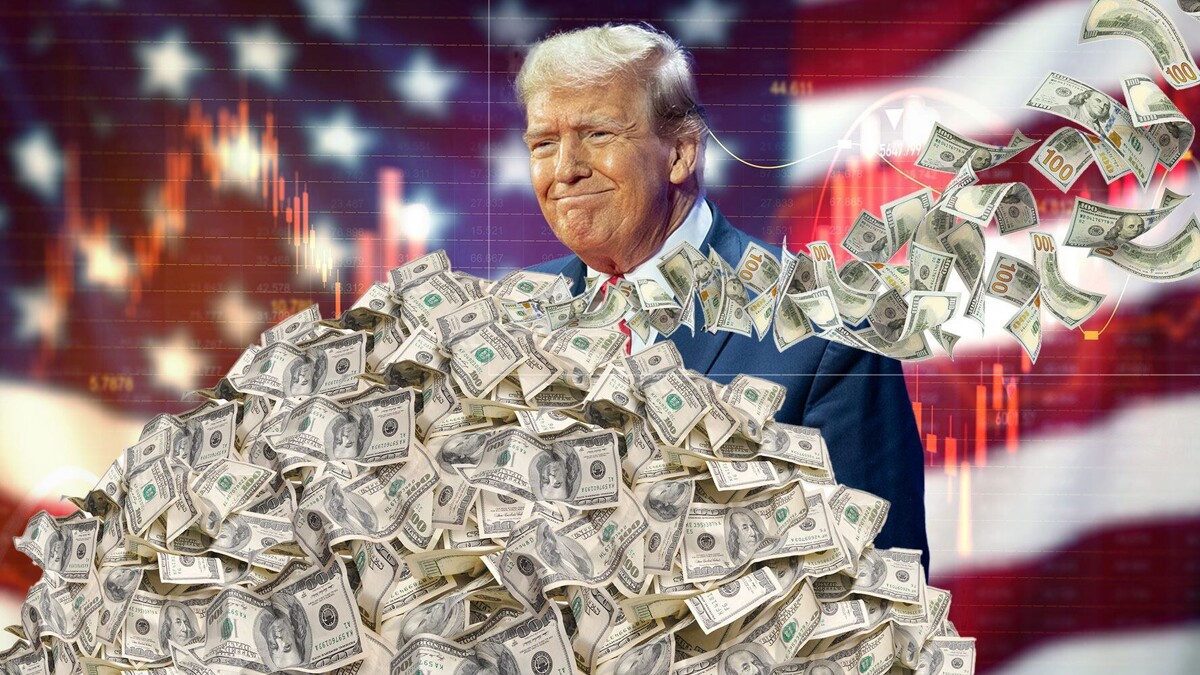
In just two days, the S&P fell by 11 percent and the Nasdaq by 12 percent. Trade tensions extended to Canada and Mexico, increasing global uncertainty about the future economic relations of the United States. In the United States, the direct economic impact of the new tariffs is estimated to be equivalent to an $800 billion tax increase, affecting corporate profits and raising consumer prices.
Although there have been temporary recoveries, volatility persists and the VIX index (the "fear index") has reached levels comparable to those during the 2020 pandemic. Experts anticipate that even if some trade policies are reversed, economic recovery will be slow and complicated due to the structural damage caused to supply chains and the decrease in investor confidence. In this context, the recommendation for investors is to maintain diversified portfolios and prepare for prolonged volatility.
Since mid-February 2025, global stock markets have experienced a sharp decline, marking one of the most turbulent episodes since the financial crisis of 2008. The S&P 500 index fell by 9.9 percent, while the Nasdaq declined by 13.2 percent. According to the Bloomberg World Index, from February 19 to the most recent date, markets have lost about 7.2 percent of their value, representing a combined capital destruction close to $9.5 trillion.
This sharp contraction is mainly attributed to the trade policies of President Donald Trump, whose turning point was the widespread imposition of tariffs on April 2, known as "Liberation Day." This adverse environment has not only affected institutional investors but has also significantly impacted pension funds and reduced the resources available for retirement.
The so-called "Magnificent Seven" (Apple, Microsoft, Alphabet, Amazon, Meta, Nvidia, and Tesla), flagship companies in the technology sector, have been particularly hit by this crisis. Tesla lost about 21 percent of its value, Nvidia decreased by approximately 20 percent, Apple and Alphabet reported declines of 14.3 percent and 12.5 percent respectively, Amazon fell by 16.7 percent, Meta experienced a strong drop of 22.3 percent, and Microsoft showed a more moderate decline of 5.5 percent. These companies, due to their high weighting in the indices, caused a domino effect, extending volatility throughout the market.
The stock market fall had consequences beyond financial markets. The International Monetary Fund (IMF) lowered its projections for global economic growth in 2025 to 2.8 percent, specifically citing trade tensions as a determining factor. Resilience and adaptability will be essential to successfully face the upcoming challenges. Tariffs reached up to 145 percent on certain Chinese products, generating a massive wave of selling in the markets. The current stock market crash serves as a powerful reminder of financial fragility in the face of unpredictable economic policies and geopolitical tensions.














